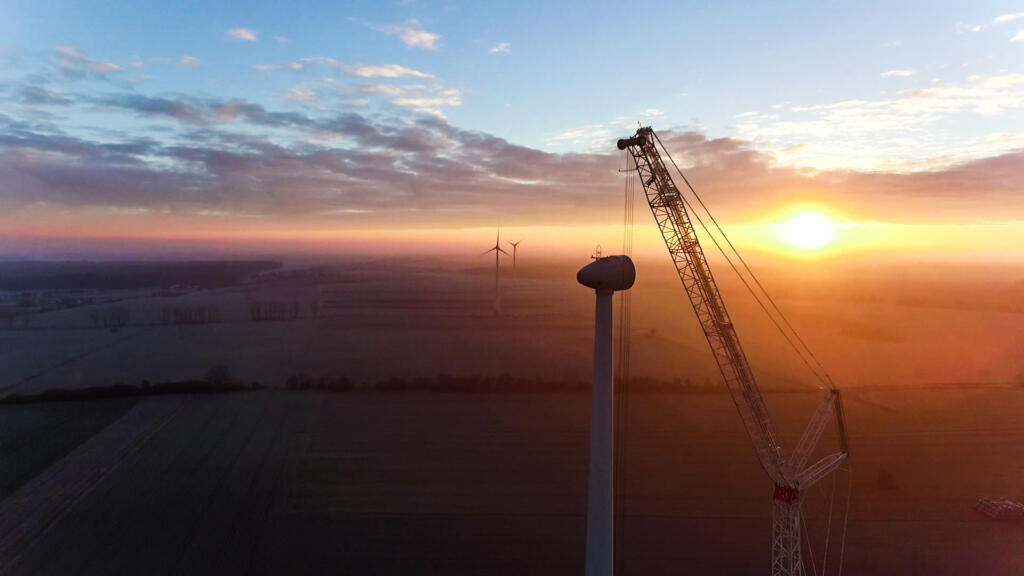District heating and cooling
The PKEE members have made and continue to make numerous investments to replace existing coal-fired heating sources with highly efficient cogeneration ones based on natural gas because the use of renewables in large-scale district heating systems is limited. Natural gas-based cogeneration in these systems is the only viable and available solution due to weather specificities as well as the high capacities and temperature parameters required in dense urban areas, which rules out the wider use of heat pumps. Another reason is that biomass supply will be further limited due to the biomass sustainability criteria.
Given the above, the PKEE believes that new targets regarding the use of energy from renewable sources in heating and cooling proposed in art. 23(1) as well as in the new Annex 1a, and especially for district heating and cooling under art. 24(4), are too ambitious. We support keeping the indicative nature of the target for district heating. However, any increase other than 1 pp annually for the period of 2021-2025 will be very difficult to achieve, since after the entry of the directive into force and the transposition period, there will be very little time left to achieve a possible higher target.
It is also necessary to introduce a mechanism enabling to count the renewable electricity used for heat and cold generation towards the targets in heating and cooling, and district heating and cooling, in order to support the electrification of these sectors. Without establishing this rule, in view of possible changes to the definition of an “efficient district heating and cooling system” under the Energy Efficiency Directive, there is a risk that heating systems under transition will be deprived of any opportunity to use public funds, for example to develop their heating systems.
Biomass fuels
The PKEE is concerned about the possible extension of the sustainability criteria for biomass fuels. Further limits on the types of feedstock to be used for energy production may jeopardize the use of renewable energy in Poland, and thus the achievement of EU targets, especially in the heating sector. It is worth noting that bioenergy represents around 60% of the block’s total renewable energy generation and already adopted biomass sustainability criteria have not been fully implemented in the Commission’s secondary regulations. Thus, we are against any changes in art. 29.
We also do not support excluding the support for the production of electricity from forest biomass in installations producing only electricity from 2027 onwards, the new cascading principle for biomass, and lowering the current threshold of applying the criteria to 5 MWt for solid biomass.
in electricity-only installations, a new hierarchy principle
with biomass and lowering the current threshold for the application of biomass fuel criteria to 5 MWt.
Renewable electricity and offshore wind energy
Members of the PKEE welcome the Commission’s efforts to facilitate the uptake of power purchase agreements, which are a market-based solution, while also addressing the needs of heavy energy users.
To facilitate new cross-border projects and joint projects across the EU, the defining criteria should cover more up-to-date solutions, like investments in a form of joint ventures or international and regional consortia. Currently they are the most common ways of developing offshore wind projects. It would significantly contribute to establishing regional cooperation, even without a physical connection between the Member States involved.
Additionally, we believe that the obligation to agree on a cross-border project by the end of 2025 requires a much longer perspective. It must also be clarified that the joint projects must not threaten the already implemented projects, particularly in the offshore wind sector with possible locations being substantially limited.

